Why Your Body Itches at Night
Nighttime itching, clinically known as nocturnal pruritus, is a perplexing and often frustrating condition that disrupts sleep and diminishes quality of life. While occasional itching is normal, persistent nighttime itching can become an unwanted bedtime companion for many. This phenomenon is not merely a matter of discomfort but often a complex interplay of various factors that are sometimes overlooked. From physiological changes in the body to environmental triggers, understanding the peculiar reasons behind this condition can be the key to finding relief. This article delves into 10 intriguing reasons why nighttime itching becomes an unwelcome presence, exploring each cause in depth and offering insights into potential solutions.
1. The Circadian Rhythm's Role

The human body operates on a circadian rhythm, a natural, internal process that regulates the sleep-wake cycle and repeats roughly every 24 hours. This biological clock not only influences sleep patterns but also affects skin physiology. At night, the body's temperature decreases and blood flow to the skin increases, which can heighten the sensation of itchiness. Additionally, the production of certain hormones like cortisol, which helps control inflammation, decreases during the night. This reduction can exacerbate skin conditions that are prone to itching. Understanding the influence of circadian rhythms can be crucial in managing nighttime itching effectively.
2. Dry Skin and Dehydration
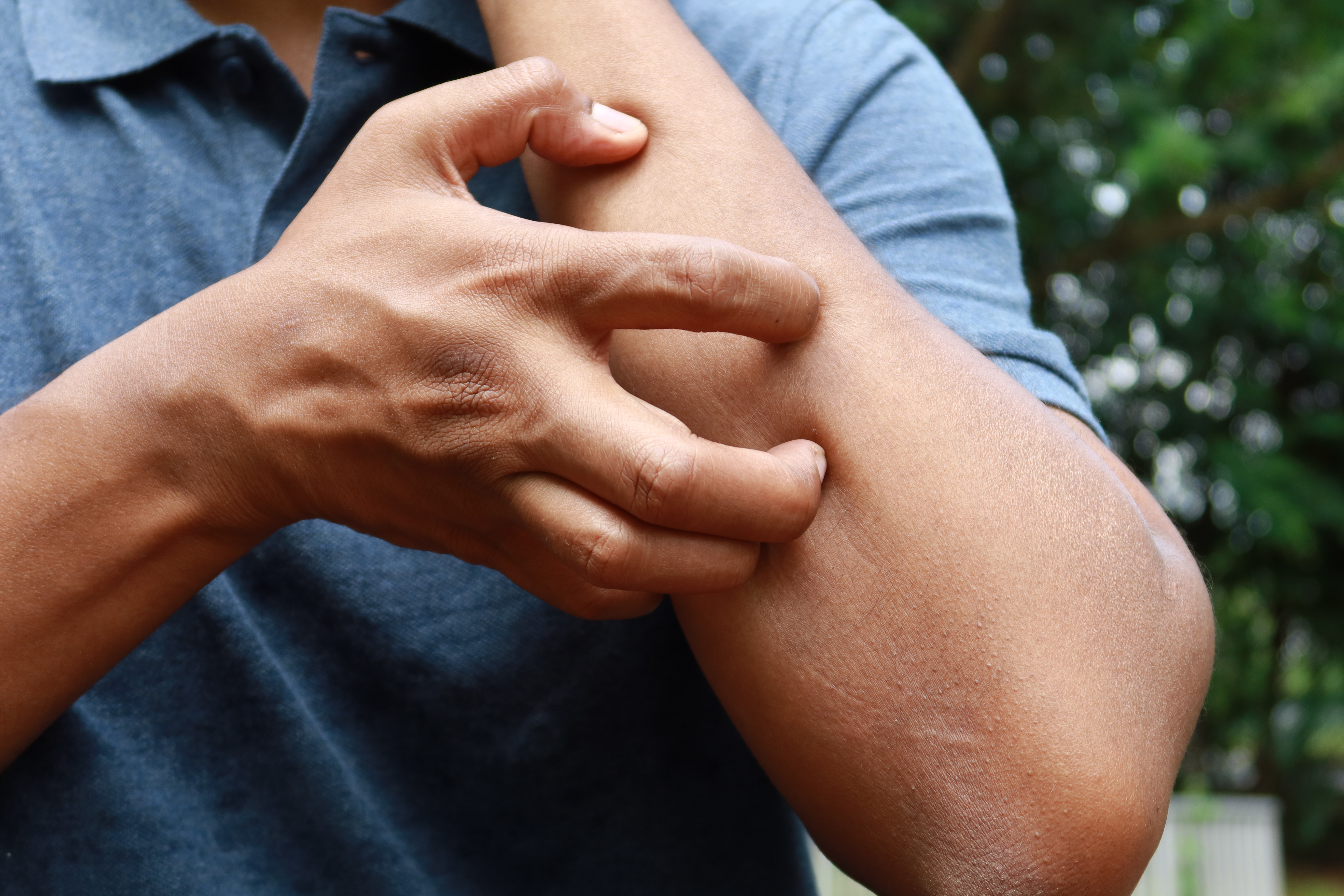
Dry skin, or xerosis, is a common cause of nighttime itching that can be exacerbated by dehydration. During the day, environmental factors such as exposure to air conditioning or central heating can strip the skin of its natural oils, leading to dryness. At night, this lack of moisture becomes more pronounced, especially if one does not stay adequately hydrated. The skin's barrier function is compromised, making it more susceptible to irritants and resulting in an itchy sensation. Using a humidifier, applying a rich moisturizer before bed, and ensuring adequate water intake can help mitigate this issue.
3. Allergic Reactions and Sensitivities
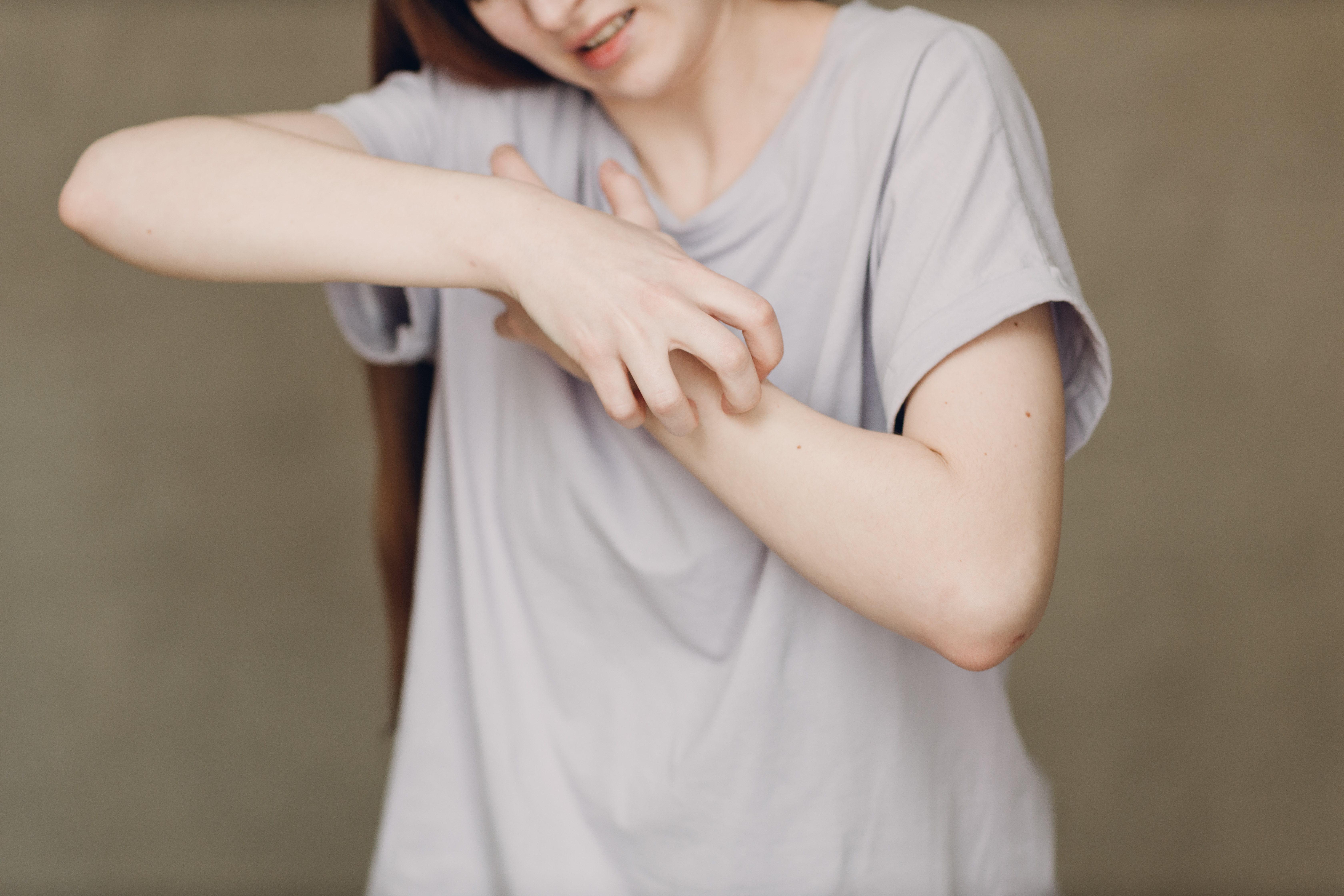
Allergic reactions to bedding materials, detergents, or even dust mites can be significant contributors to nighttime itching. Many people are unaware that they may have sensitivities to the chemicals used in fabric softeners or the fibers in their sheets. Dust mites, which thrive in warm, humid environments, can also trigger allergic reactions that become apparent once the body is at rest. These reactions often manifest as itching and can disrupt sleep. Identifying and eliminating these allergens through hypoallergenic bedding, frequent washing, and using allergen-proof covers can provide relief.
4. Skin Disorders and Conditions
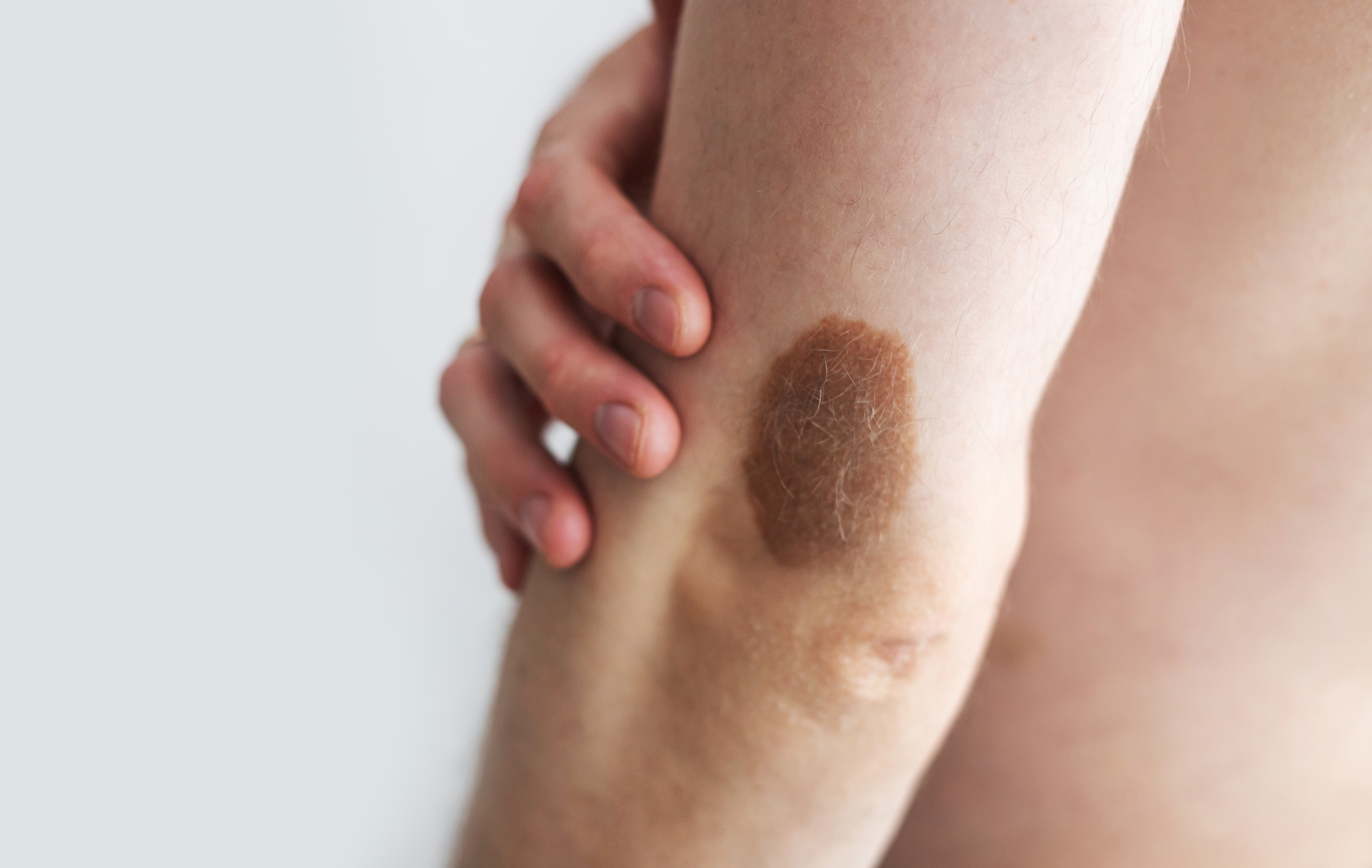
Chronic skin conditions such as eczema, psoriasis, and dermatitis can flare up at night, leading to intense itching. These conditions often involve an overactive immune response and a defective skin barrier, which can worsen when the body's natural anti-inflammatory mechanisms are reduced during sleep. The itching associated with these conditions can be severe enough to cause significant sleep disturbances. Managing these skin disorders often requires a comprehensive treatment plan, including topical treatments, lifestyle changes, and sometimes systemic medications, to reduce symptoms and improve sleep quality.
5. Stress and Psychological Factors

Stress and anxiety are known to have profound effects on the body, including the skin. Psychological stress can exacerbate itching by triggering the release of histamines, chemicals involved in the body's allergic response. Moreover, the quiet and solitude of nighttime can amplify anxious thoughts, making the sensation of itching more noticeable. This creates a vicious cycle where stress leads to itching, and itching leads to more stress. Techniques such as mindfulness, cognitive-behavioral therapy, and relaxation exercises can be effective in breaking this cycle and reducing nighttime itching.
6. Hormonal Changes and Imbalances
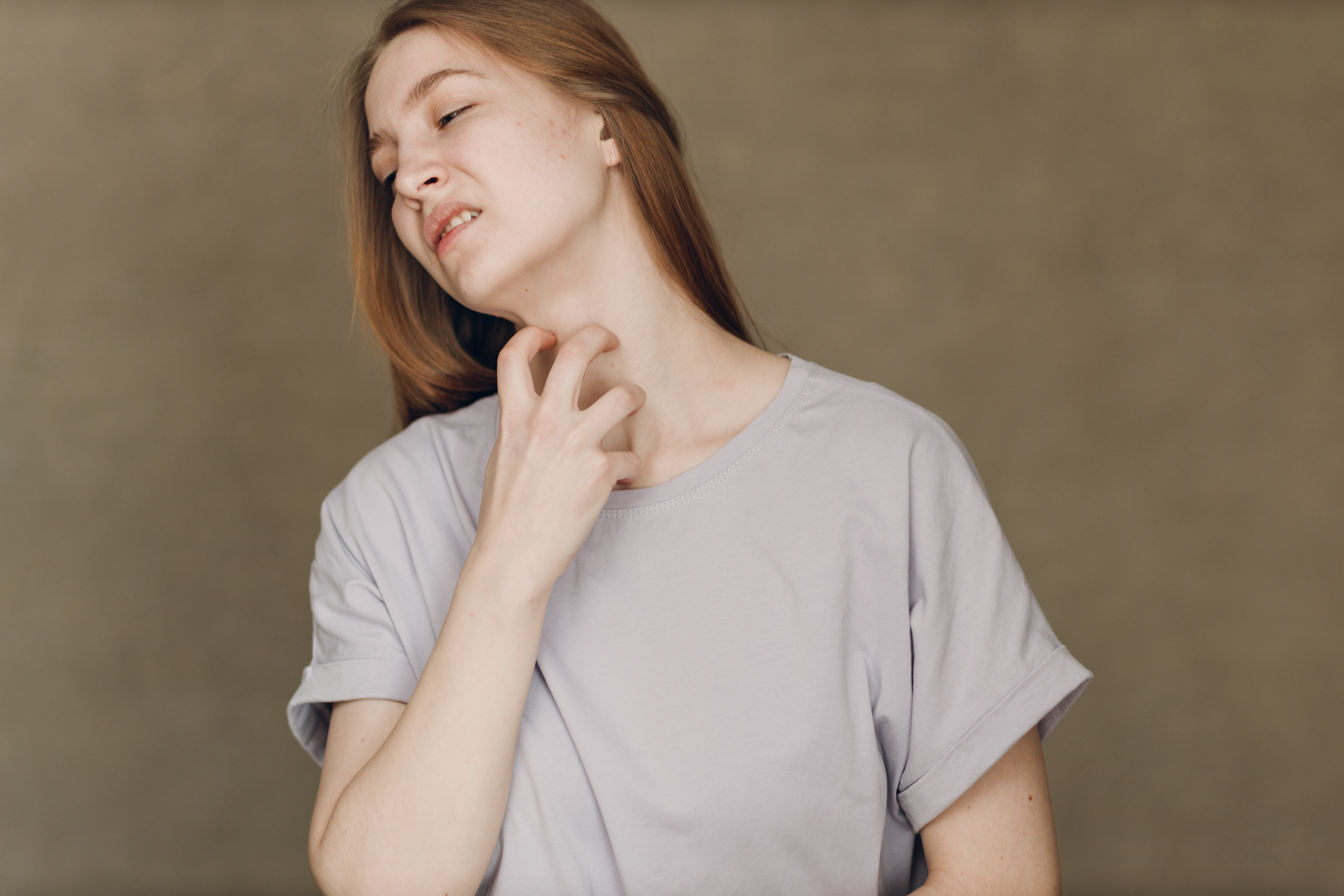
Hormonal fluctuations, particularly in women, can significantly impact skin health and contribute to nighttime itching. Conditions such as menopause, pregnancy, or even the menstrual cycle can lead to changes in hormone levels that affect the skin's moisture and sensitivity. Estrogen, for example, helps maintain skin hydration and elasticity, and its decline during menopause can lead to increased dryness and itching. Addressing hormonal imbalances through lifestyle changes, dietary adjustments, or hormone replacement therapy can help alleviate these symptoms and improve sleep quality.
7. Insect Bites and Infestations

Insect bites or infestations, such as those from bed bugs or fleas, can be a hidden cause of nighttime itching. These pests are often more active at night, and their bites can lead to persistent itching and discomfort. Bed bugs, in particular, are notorious for their nocturnal feeding habits and can cause significant sleep disruption. Identifying and addressing infestations through thorough cleaning, pest control measures, and sometimes professional extermination can eliminate this source of itching and restore restful sleep.
8. Dietary Influences and Deficiencies

Dietary factors and nutritional deficiencies can also play a role in nighttime itching. Certain foods, such as those high in histamines, can trigger itching in susceptible individuals. Additionally, deficiencies in essential nutrients like vitamin D, vitamin B12, and omega-3 fatty acids can affect skin health and lead to dryness and itching. Maintaining a balanced diet rich in vitamins and minerals, along with avoiding known dietary triggers, can improve skin condition and reduce the likelihood of nighttime itching.
9. Medications and Side Effects
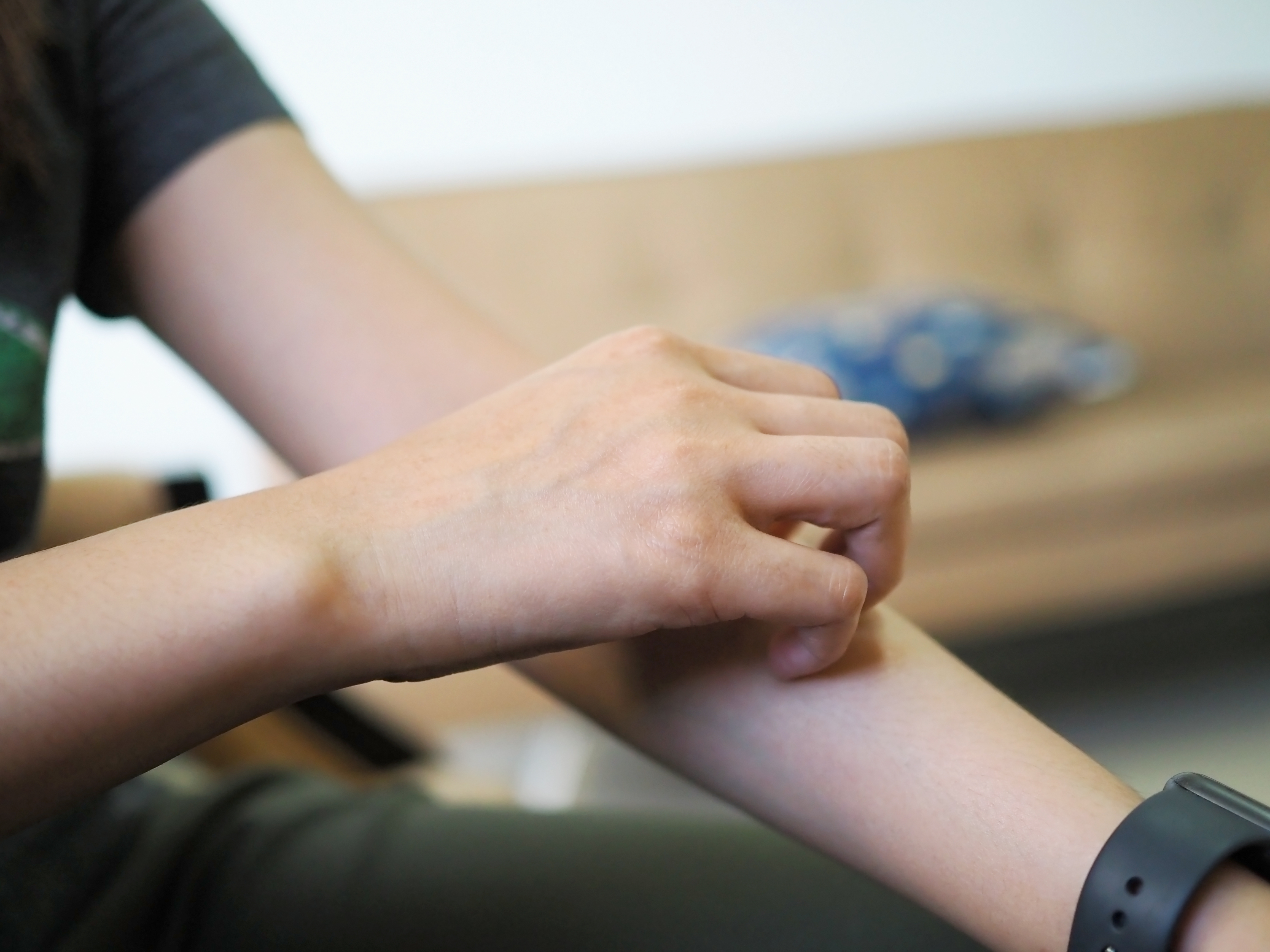
Certain medications can have side effects that include itching, particularly when taken close to bedtime. Drugs such as opioids, statins, and some blood pressure medications are known to cause pruritus in some individuals. The sedative effects of these medications can also alter sleep architecture, making the sensation of itching more pronounced. If medication-related itching is suspected, consulting with a healthcare provider to discuss alternative treatments or timing adjustments can help alleviate this issue and improve sleep quality.
10. Environmental and Lifestyle Factors
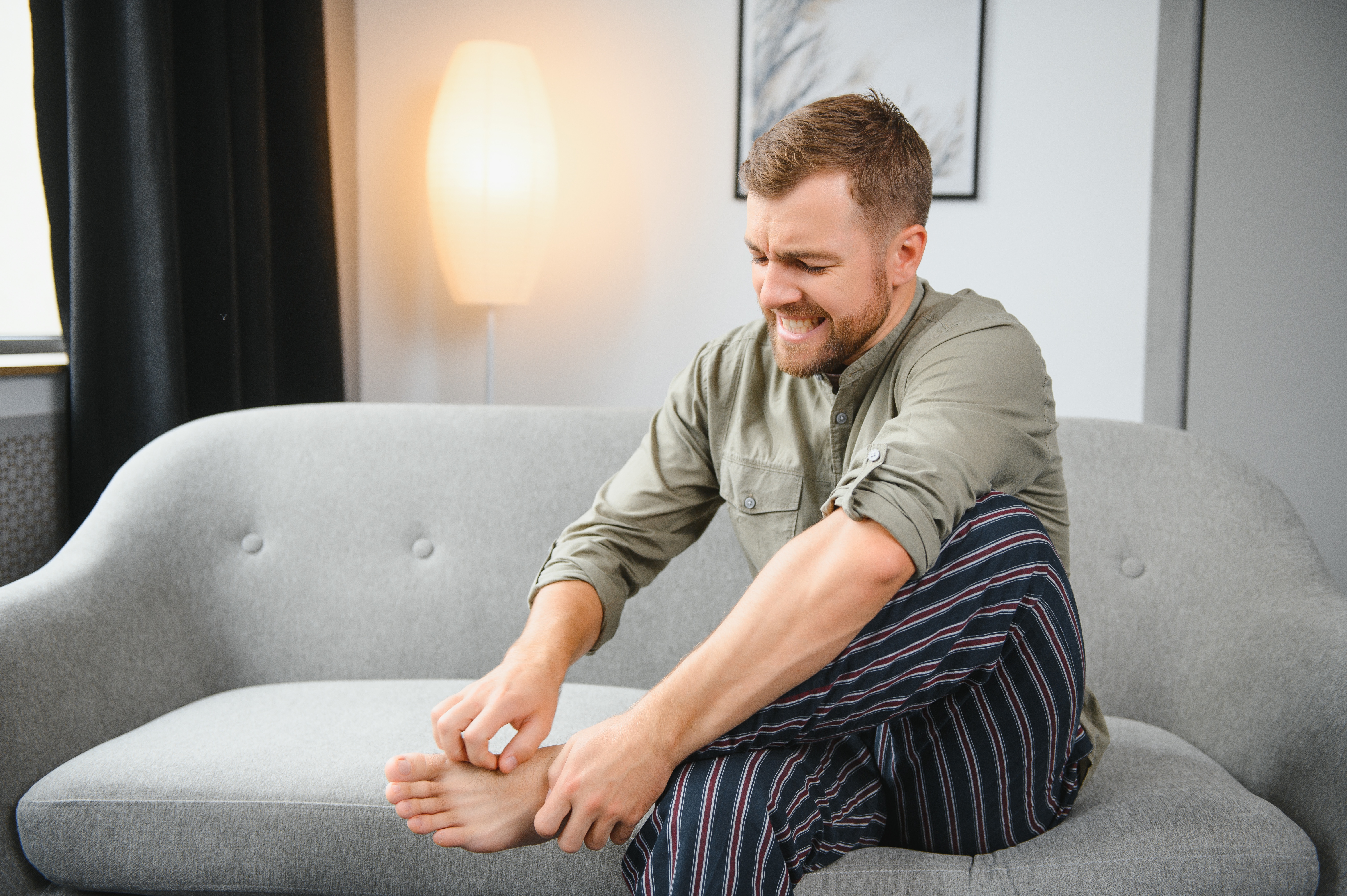
Environmental factors such as temperature, humidity, and even clothing choices can influence nighttime itching. Sleeping in a room that is too warm or wearing non-breathable fabrics can lead to sweating and irritation, exacerbating itchiness. Additionally, lifestyle habits such as smoking and excessive alcohol consumption can negatively impact skin health and contribute to itching. Making simple changes like adjusting room temperature, choosing breathable sleepwear, and adopting healthier lifestyle habits can significantly reduce nighttime itching and enhance overall sleep quality.
Navigating the Nighttime Itch

Nighttime itching is a multifaceted issue that requires a comprehensive approach to manage effectively. By understanding the various factors that contribute to this condition, individuals can take proactive steps to identify and address their specific triggers. Whether it's adjusting environmental conditions, managing stress, or seeking medical advice for underlying skin conditions, the goal is to create a restful and itch-free sleep environment. With the right strategies and interventions, it is possible to reclaim a peaceful night's sleep and say goodbye to the unwanted bedtime companion of nighttime itching.